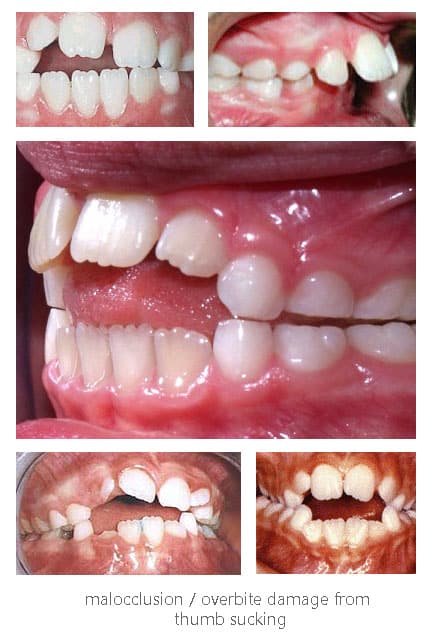Stop Thumb Sucking Gently – What Every Parent Should Know
Thumb and finger sucking is a natural and often comforting habit for young children, especially in infancy and early childhood. While it usually begins as a soothing reflex, prolonged thumb or finger sucking can lead to dental, speech, health, and social challenges if it continues past certain developmental stages. In this article, we’ll explore why children develop this habit, when it becomes a concern, the potential physical and emotional effects, and the proven treatments—like TGuard—that can help break the habit gently and effectively.
Why do children begin thumb sucking?
Biological Factors
From the first feeding, babies learn that sucking brings nourishment, comfort, and warmth. Over time, this reflex becomes associated with pleasure and self-soothing. As children grow and are weaned from bottle or breast, some adopt thumb or finger sucking to recreate that same calming sensation.
Stress Reduction and Self Soothing
Children suck their thumbs and fingers in order to relieve anxiety, to withdraw from stressful situations, or to simply relax before falling asleep. Some children develop additional habits to cope with these situations, such as hair pulling, eyelash pulling, and / or nose scratching. These habits all fall into the same category as thumb sucking, in that they provide a form of soothing relief to the child, and the connection between these habits are very strong.
Often when one habit, such as thumb or finger sucking is treated, the other coping mechanisms begin to subside.
When Should You Be Concerned About Thumb Sucking?
Although thumb sucking (or finger sucking) is a perfectly natural habit, it can cause significant damage to a child’s physical, emotional, and social development unless a thumb sucking deterrent is used. Studies researched at major dental institutions have demonstrated that the best time to seek treatment for thumb sucking, if left unabated, is between the ages of three and four, while many pediatric dentists claim that the damage is reversible if the child stops before the onset of permanent teeth, which occurs around ages five to six [1] & [3].
What Problems Can Thumb or Finger Sucking Cause?
Teeth and Jaw Alignment Impacts
When a child sucks their thumb or fingers, they create a vacuum in the mouth—similar to the pressure used in orthodontics. Over time, this force can shift the position of growing teeth and narrow the roof of the mouth, potentially leading to crossbite and other alignment issues. These problems often require expensive and time-consuming orthodontic treatment later on.
Conditions like crossbite or malocclusion can also affect how the tongue interacts with teeth—often leading to speech delays or difficulty pronouncing certain sounds.
Speech and Oral Development Issues
Thumb sucking can lead to speech and oral development impairments as the time spent sucking on the thumb or finger can affect tongue placement, oral structure, and teeth placement. Additionally, during their development, children need time to engage in vocal play and practice speech. A thumb sucking habit interrupts this natural development, potentially leading to interdental lisps and other speech disorders.
Health and Hygiene Concerns
Children who frequently put their fingers or thumbs in their mouths are at greater risk of infections like colds, flu, and stomach bugs due to increased exposure to germs.
Emotional and Social Consequences
Some children experience social difficulties, as often children are taunted by their peers for engaging in what they can consider to be an “immature” habit. This taunting often results in the child being rejected by the group or being subjected to ridicule by their peers, which can cause understandable psychological stress[2].
How to Stop Finger Sucking: Proven, Gentle Solutions That Work
The good news is that prolonged thumb or finger sucking doesn’t have to lead to long-term issues. With the right approach, most children can break the habit quickly and without stress. TGuard’s AeroThumb and AeroFinger devices are pediatrician-recommended solutions that gently interrupt the suction-based habit while allowing natural hand movement. Many families see noticeable results in as little as three weeks.
Parents also report that once thumb or finger sucking is resolved, related self-soothing behaviors—such as hair pulling, nose picking, or nail biting—often fade on their own, making TGuard an effective and holistic treatment option.
SOURCES: 1. “Damage to the primary dentition resulting from thumb and finger (digit) sucking”, Journal of Dentistry for Children. Nov-Dec 1996. 2. “Influence of thumb sucking on peer social acceptance in first-grade children”, Pediatrics. April, 1994. 3. American Academy of Cosmetic Dentistry. “Thumbsucking – stop it early.” Feb. 1, 1999.
(Available upon request.)

